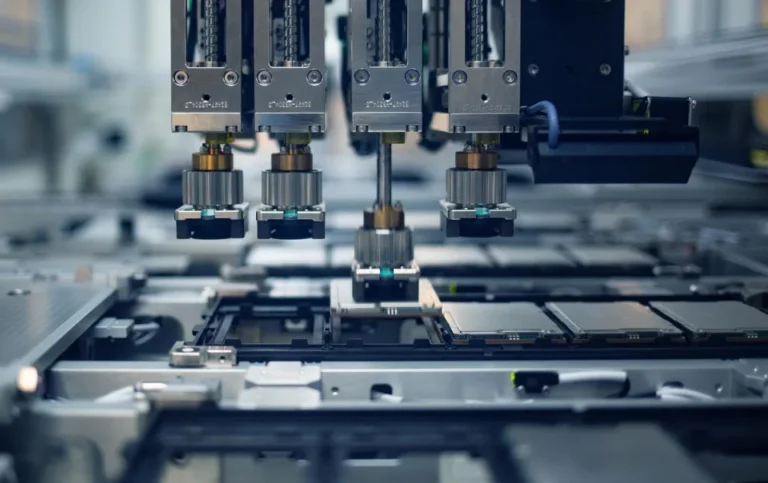Furthermore, it will make it possible for the foundry firm to take investment from other sources.
It is Intel’s intention to transform its foundry division, which is responsible for the production of chips for other businesses, into an independent entity. A statement from the company’s CEO, Pat Gelsinger, was sent out to employees, and it was published more than a month after Intel announced that it would be laying off fifteen percent of its personnel. The corporation has now revealed its plan. Intel has implemented a cost-cutting strategy worth $10 billion in order to achieve financial stability after suffering a net loss of $1.6 billion during the second quarter. As part of this plan, the company is laying off more than 15,000 employees. In his most recent memo, Gelsinger said that transforming the foundry into a subsidiary “will unlock important benefits,” specifically the capacity to review and directly accept money from outside sources.
Gelsinger has stated that there would be no changes made to the leadership of the foundry; nevertheless, the subsidiary will establish its own operating board that will be governed by independent directors. CNBC reports that Intel is even contemplating the possibility of taking the foundry to the level of a distinct publicly traded company. In an effort to catch up to its competitors in the chipmaking industry, such as TSMC and Samsung, Intel is currently in the process of updating its existing fabs and developing new ones for its foundry business. Additionally, the corporation is incurring billions of dollars in costs for this endeavor. It has been stated that the company has spent approximately $25 billion annually on its foundry business over the course of the past two years; nevertheless, this expenditure has not yet resulted in a profit.
In a presentation that was given to investors in April, the company said that it had incurred operating losses of $7 billion for the year 2023. These losses were even worse than the $5.2 billion that it had incurred in the previous year. There was a 31 percent decrease in revenue from its 2022 revenue of $27.49 billion to its current revenue of $18.9 billion. Gelsinger issued a warning to investors at the time, stating that Intel anticipates the operational loss of its foundry business for the year 2024 to be much greater, and that the company estimates that it would not break even until the year 2027. According to reports, the foundry’s next-generation manufacturing method, which is referred to as “18A,” failed important tests that were designed to demonstrate that it is ready to be deployed for mass production. The division’s financial situation is not the only issue that the foundry is facing.
Gelsinger announced in the message that Intel will be selling a portion of its ownership in Altera, another chipmaker that it acquired for $16.7 billion in 2015. This was in addition to the announcement that the foundry business will be converted into a subsidiary.

